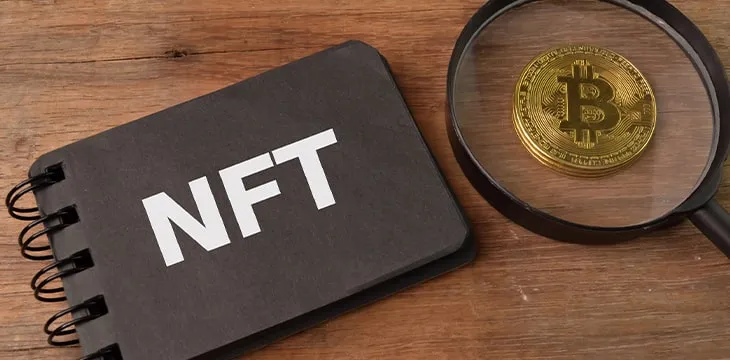|
Getting your Trinity Audio player ready...
|
The U.S. Office of Government Ethics (OGE), which oversees ethics laws and policies of the executive arm, has issued a new legal advisory for public financial disclosure filers who own non-fungible tokens (NFTs).
The guidance, titled “Financial Disclosure Reporting Considerations for Collectible Non-Fungible Tokens and Fractionalized Non-Fungible Tokens,” is published by the office of the OGE director Emory A. Rounds III, spelling out what categories NFTs qualify for and how to file financial disclosure.
It states that government officials are to file financial disclosures if they hold NFTs or fractionalized NFTs (F-NFTs) worth more than $1,000 for investment or production of income; or if the asset produces over $200 in income in the reporting period.
“…public financial disclosure filers must disclose ownership of collectible NFTs and F-NFTs when those assets are held for investment or production of income and are worth more than $1,000 at the end of the reporting period, or if they produce over $200 in income in the reporting period,” the guidance stated.
A seven-part test in the guidance can be used to distinguish NFTs held for personal, family, or household use and are exempt from disclosure. The test includes questions like whether the NFT was purchased for personal or aesthetic reasons or if it was bought primarily for its potential value, among others.
It added that financial disclosure must also be filed for the purchase, sales, and exchange of NFTs or F-NFTs worth more than $1,000 and qualify as securities defined by U.S. securities laws like the ’33 and ’34 securities acts.
The $1,000 benchmark is the same as is obtainable for disclosure of transactions involving stocks, bonds, commodities futures, and other forms of securities. Filers are to disclose within 30 days of receiving confirmation of the transaction through the OGE’s Form 278e.
US pushing for regulatory clarity in the digital assets market
In a similar publication earlier this month, the OGE clarified the application of securities and mutual fund exemption laws to digital currencies, stablecoins, and related investments. The guidance promulgated that the OGE does not consider digital assets to be publicly traded securities.
Based on this, government employees will not be allowed to take part in Federal regulations and policies that affect the industry if they hold any amount of digital assets. However, the rule does not apply to federal legislators who are elected officials.
Meanwhile, the OGE has not been the only U.S. agency making new guidance for the digital assets market. The Treasury Department recently released a new framework for international engagement on digital assets regulations.
Watch: The BSV Global Blockchain Convention presentation, NFTs: What Can We Do Better?
https://www.youtube.com/watch?v=GBpE–I9b1s

 07-08-2025
07-08-2025 





